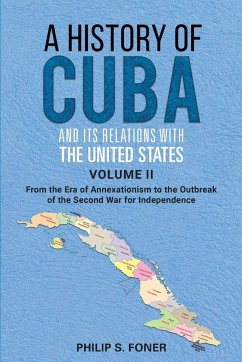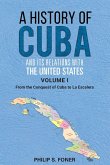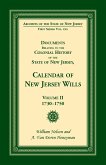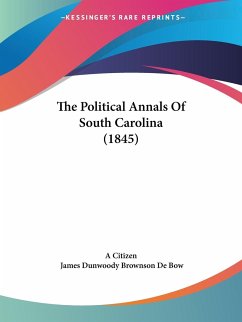Foner's second Volume on Cuban history begins by analyzing U.S. efforts to annex Cuba. The author traces the filibustering movements of the 1850's as southern slaveholding elements battled to expand slavery. The "Africanization of Cuba" scare, and the Ostend Manifesto are detailed, as are the forces responsible for the defeat of annexationism. The 1868-78 Ten Years' War for independence is defined clearly and Dr. Foner elucidates the anti-independence role of the U.S. government during this bitter struggle. After discussing political, economic, and social developments in Cuba from 1879 to 1895, he then reviews revolutionary movements during these years, the Cuban Revolutionary Party, and the hovering menace of American imperialism. He concludes with the opening stage of the Second War for Independence in 1895. Excitingly written, the Cuban peoples' heroic struggle against U.S. annexation emerges sharply. So, too, does the part played by those forces in the United States who supported independence. Among numerous personalities discussed, three emerge as especially significant figures in Cuban and Latin American history, also rising to world prominence: Jose Marti, "the Apostle"; Antonio Maceo, the Negro independence fighter; and Maximo Gomez, the Dominican leader of the Cuban Liberating Army.
Hinweis: Dieser Artikel kann nur an eine deutsche Lieferadresse ausgeliefert werden.
Hinweis: Dieser Artikel kann nur an eine deutsche Lieferadresse ausgeliefert werden.








